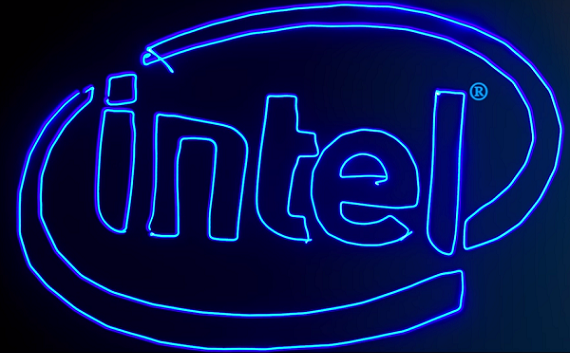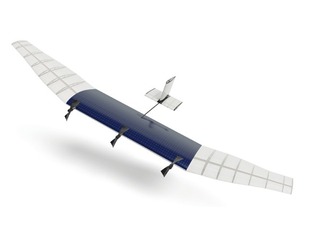
The question about drones is not when they will become ubiquitous, but how soon. The commercial drone space alone is expected to be worth over $4 billion by 2012. With those kinds of numbers, I expect many companies will want in.
That includes Intel, which announced on Monday that it acquired Ascending Technologies, a developer and manufacturer of micro UAS for professional, civil and research use.
No financial terms of the deal were disclosed, but it was confirmed to VatorNews, via a spokesperson for Intel, that the entire 75 person team from Ascending Technologies will be receiving offers of employment.
In the meantime, the company will remain in operation, as Intel plans for it to continue supporting its current customers “while also collaborating with Intel’s Perceptual Computing team to develop UAV technology that can help drones fly with more awareness of their environments.”
For Intel,the company sees drones as a big opportunity it wants to take advantage of.
“With practical applications ranging from disaster response to infrastructure inspection to delivery of goods, UAVs offer an incredible opportunity for innovation across a multitude of industries,” said Josh Walden, senior vice president and general manager of Intel’s New Technology Group, wrote in a blog post.
“As a result, Intel is positioning itself at the forefront of this opportunity to increasingly integrate the computing, communications, sensor, and cloud technology required to make drones smarter and more connected.”
For it’s part, Ascending Technologies express its feelings over the news by putting up a YouTube video, in which it used one of its drones, the AscTec Falcon 8, to draws “happy to join” and the “Intel” logo in the sky.
The two companies are far from strangers. They had previously partnered in January of last year to work together on developing collision avoidance technology and algorithms for drones, using Intel RealSense cameras and Ascending Technologies’ AscTec Trinity auto pilot system. Intel also became Ascending Technologies’ first external investor and a minority shareholder.
That previously partnership may be the key to why Intel made this purchase.
Drones, as an industry, are in an interesting place right now. From the standpoint of the FAA and other regulators, the only question seems to be “how safe can we make them?”
The regulation of drones by the FAA, in particular, has been a somewhat contentious issue. Earlier this year it proposed certain rules for drone usage, including restricting drones to daylight hours, making it so the operator of the drone has to be able to see the it while it is flying, and now allowing them to fly over people “not directly involved in the operation.”
Both Google and Amazon vowed to fight these restrictions.
Last month the FAA announced that it would be implementing a registry for drones, one that would be “stream lined and user-friendly,” would, ultimately, help drone owners understand the rules that come with operating one. Over 45,000 drones were registered in just two days.
For Intel, getting its hands on Ascending Technologies may help in this area, as the company has put much of its focus on autopilot software and accuracy.
Funding for startups in the drone space more than doubled in 2014 growing by 104%. Overall, $108 million was invested in a total of 29 deals during the year. The number of deals has jumped very quickly in just the last couple of years; a total of just five deals were done in the years spanning 2010 to 2012 combined, while 11 were completed in the third quarter of 2014 alone.
Vator reached out to Ascending Technologies for comment on the acquisition. We will update this story if we learn more.
(Image source: youtube.com)


















